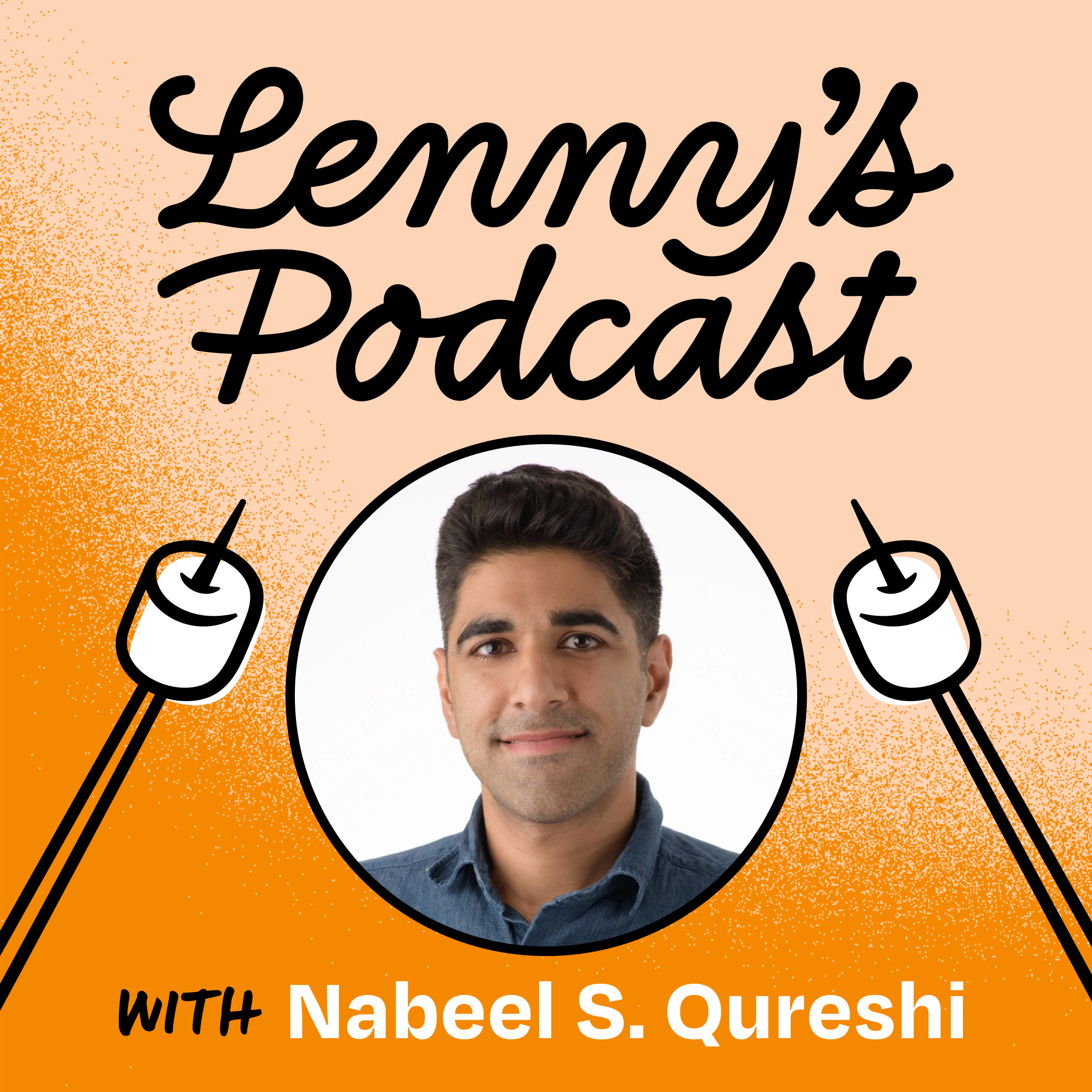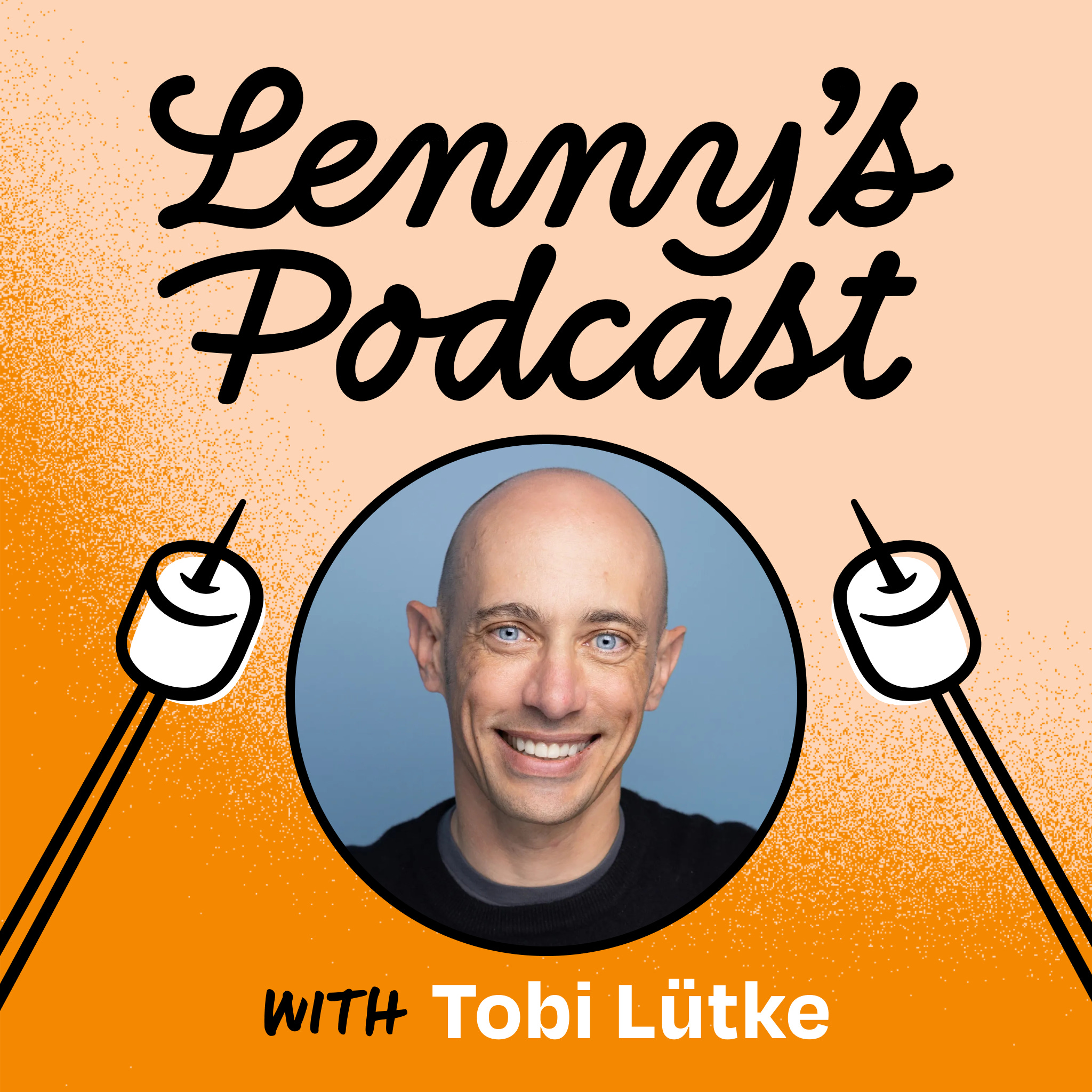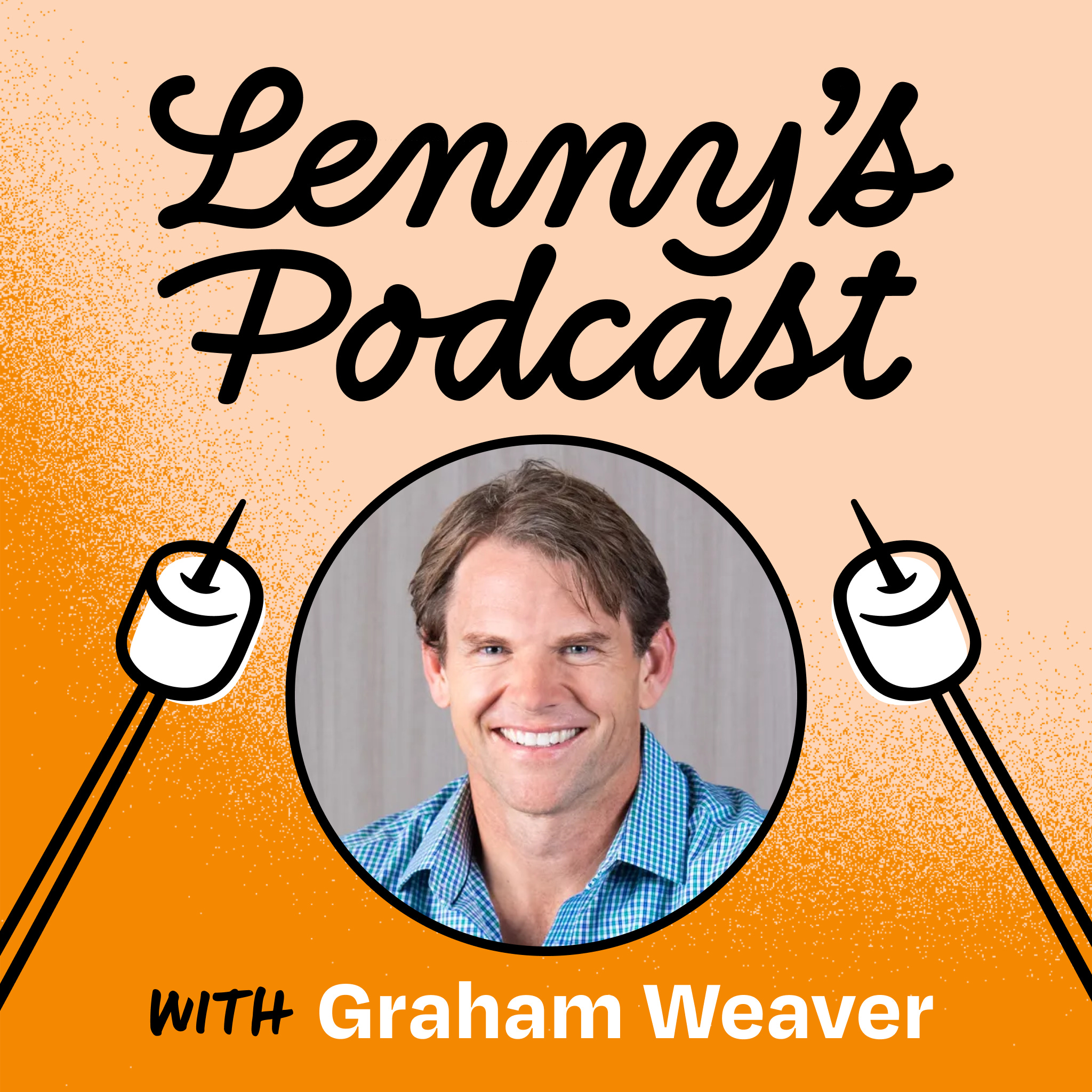
May 26, 2024 • 1hr 42min
Unorthodox frameworks for growing your product, career, and impact | Bangaly Kaba (YouTube, Instagram, Facebook, Instacart)
Lenny's Podcast: Product | Growth | Career

Key Takeaways
- Impact is the key output to optimize for in your career, not compensation or level. Impact drives compensation and scope.
- Use the "Impact = Environment x Skills" framework to evaluate career decisions. Score environment factors (manager, resources, scope, team, compensation, culture) and your skills to determine potential impact.
- "Understand work" is critical for product teams to de-risk projects and learn what's really going on before executing. Make intentional time for this.
- Think about the "adjacent user" - who is just outside your current user base that you could expand to? Use the product as them to identify gaps.
- Partnerships and SEO were key growth drivers for Instagram, not just word of mouth. Celebrity partnerships and web presence drove significant growth.
- Product managers should act as coaches, helping team members maximize their roles. Build your "leadership tree" by developing others.
- When joining a new company, spend time listening and getting to know team members personally before pushing changes. This builds trust and buy-in.
Introduction
Bangaly Kaba has had an impressive career in product and growth, including roles as an early growth PM at Facebook, head of growth at Instagram, VP of Product at Instacart, and currently Director of Product at YouTube. He's also been a growth advisor to many startups including Twitter.
In this wide-ranging conversation, Bangaly shares insights on how to make smart career decisions, drive product growth, manage teams effectively, and lessons learned from his time at major tech companies. His frameworks and advice are applicable for product managers, growth leaders, and anyone looking to advance their tech career.
Topics Discussed
Framework for Career Decisions (6:31)
Bangaly discusses his framework for evaluating career decisions, centered around optimizing for impact:
- Impact = Environment x Skills
- Environment factors to score (0-2 points each):
- Manager
- Resources
- Scope
- Team
- Compensation
- Company culture
- Skills factors: Communication, influence, leadership, strategic thinking, execution
- Evaluate current state and potential for improvement in each area
He emphasizes that impact should be the key output to optimize for, not compensation or level directly. Greater impact leads to increased compensation and scope over time.
The Importance of "Understand Work" (25:42)
Bangaly explains the concept of "understand work" and why it's critical for product teams:
- Intentional time set aside to de-risk projects and learn what's really going on
- Helps clarify root causes, jobs to be done, and right use cases before executing
- Creates parallel paths of execution and learning
- Leads to higher win rates on shipped features over time
- Balance shifts from ~60% execution/40% understand work early on to 80/20 over time
He gives examples of how understand work led to major improvements at Instagram, like solving account access issues and creating the multiple accounts feature.
Driving Growth Through Flywheels and Value Proposition (54:52)
Bangaly shares his approach to driving growth:
- Think about the value proposition at every interaction point
- For multi-sided marketplaces, consider value prop for each side (e.g. creators and viewers on YouTube)
- Identify and optimize key flywheels
- Use the product as an "adjacent user" to find gaps and opportunities
- Connect the dots into a clear story teams can rally behind
He gives examples from Instacart (making reordering easier) and YouTube (improving creator monetization).
Understanding Adjacent Users (1:03:14)
Bangaly explains his concept of the "adjacent user":
- The next potential user just outside your current user base
- Critical to understand for hypergrowth products as user base evolves rapidly
- Use the product as this adjacent user to identify gaps
- Talk to and observe these potential users
- Look for declining cohort curves as signal of hitting adjacent user group
He gives examples from Instagram's growth in new markets and demographics.
The Role of Partnerships and SEO in Instagram's Early Growth (1:08:41)
Bangaly reveals some lesser-known drivers of Instagram's massive growth:
- Celebrity partnerships team was critical from early on
- Taught celebrities how to use Instagram effectively
- Drove news coverage and cultural relevance
- SEO was a major growth engine:
- Web presence crucial for discoverability
- News articles linking to Instagram profiles/posts
- Embeds on other sites boosted SEO
- Combination of invites, celebrities, SEO, and paid media compounded growth
The Secret Behind Instagram's Growth (1:16:08)
Bangaly shares a key insight that dramatically improved Instagram's retention:
- Early on, all follows were treated equally (celebrities vs friends)
- Led to users following many celebrities but not connecting with real friends
- When users made first post months later, often got little engagement
- Made "connections pivot" to prioritize real friend connections for new users
- Doubled retention over 18 months
Lessons from Facebook (1:25:37)
Bangaly discusses learnings from his time working on growth at Facebook:
- Importance of on-the-ground research in emerging markets
- Cultural differences in how people use social products
- Example: Profile information not relevant in India, photos more important
- Need to adapt product for different cultural contexts
Effective Management of Product Managers (45:26)
Bangaly shares advice on managing product teams:
- Use Bloom's Taxonomy to identify skill gaps (knowledge, comprehension, application, analysis, synthesis, evaluation)
- Meet people where they are and provide appropriate support
- Think of PM as a team sport - need star players and strong role players
- Build your "leadership tree" by developing others
- Get to know team members personally to build trust
Conclusion
Bangaly Kaba provides a wealth of insights and frameworks for product managers, growth leaders, and anyone looking to advance their career in tech. His emphasis on optimizing for impact, doing "understand work", identifying adjacent users, and thinking in flywheels offers a powerful approach to driving growth. His experiences at major companies like Facebook, Instagram, and YouTube demonstrate how these principles can be applied at massive scale. Perhaps most importantly, his focus on developing others and building strong teams shows how great leaders can create lasting impact beyond just their own contributions.









